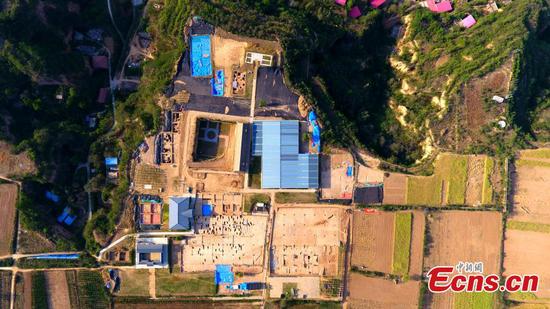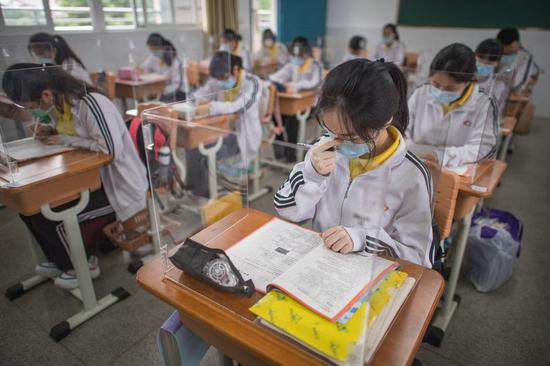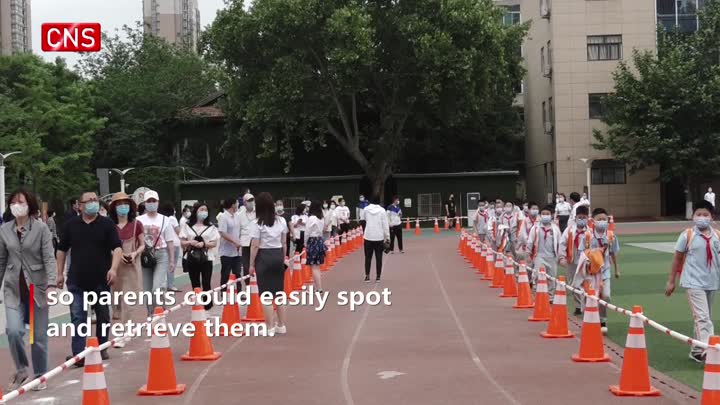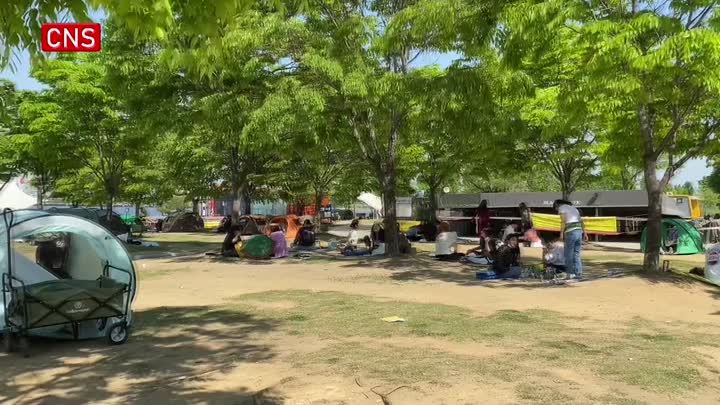Chinese courts have strengthened efforts to protect the environment by combating people who damage natural heritage and historic sites, China's top court said.
Last year, courts nationwide accepted 2,309 environmental public-interest cases brought by prosecutors and concluded 1,895 of them, up 32.9 and 51.4 percent respectively year-on-year, according to data released by the Supreme People's Court on Friday.
Besides procuratorates, courts across the country also accepted 179 such lawsuits initiated by nongovernment organizations, such as environmental protection institutions, of which 58 have been closed.
Regarding the rapid growth of environmental public-interest litigation, Tao Kaiyuan, vice-president of the top court, said that such lawsuits have become diversified.
"Our rulings not only punished those polluting water, forest, grassland and soil, but also highlighted the significance of ecological restoration to effectively preserve the public interest and national interest," Tao said.
Wang Xuguang, head of the top court's tribunal for environment and resources, said that a court in Liping county, Guizhou province, concluded the nation's first environmental public-interest litigation on traditional villages, ordering the government in the county's Zaima township to remove illegal buildings from local traditionally ethnic villages that had been identified as cultural heritage.
"Guizhou has 426 such villages so far, which are our cultural wealth," he said.
"But in recent years, some people damaged the villages when establishing new houses because local governments did not issue rules to guide residents in protecting the heritage."
The lawsuit was taken to court by the provincial prosecutors after they found the township's government did not follow their recommendation to clean up the illegal buildings, he added.
Environmental public-interest litigation has grown since the Chinese Civil Procedure Law and the Administrative Procedure Law were revised in 2017, giving prosecutors power to sue polluters and government agencies that fail to protect the environment.
In addition to environmental protection, prosecutors can also initiate public-interest litigation on food and drug safety, preservation of State assets and the transfer of land rights.


















































